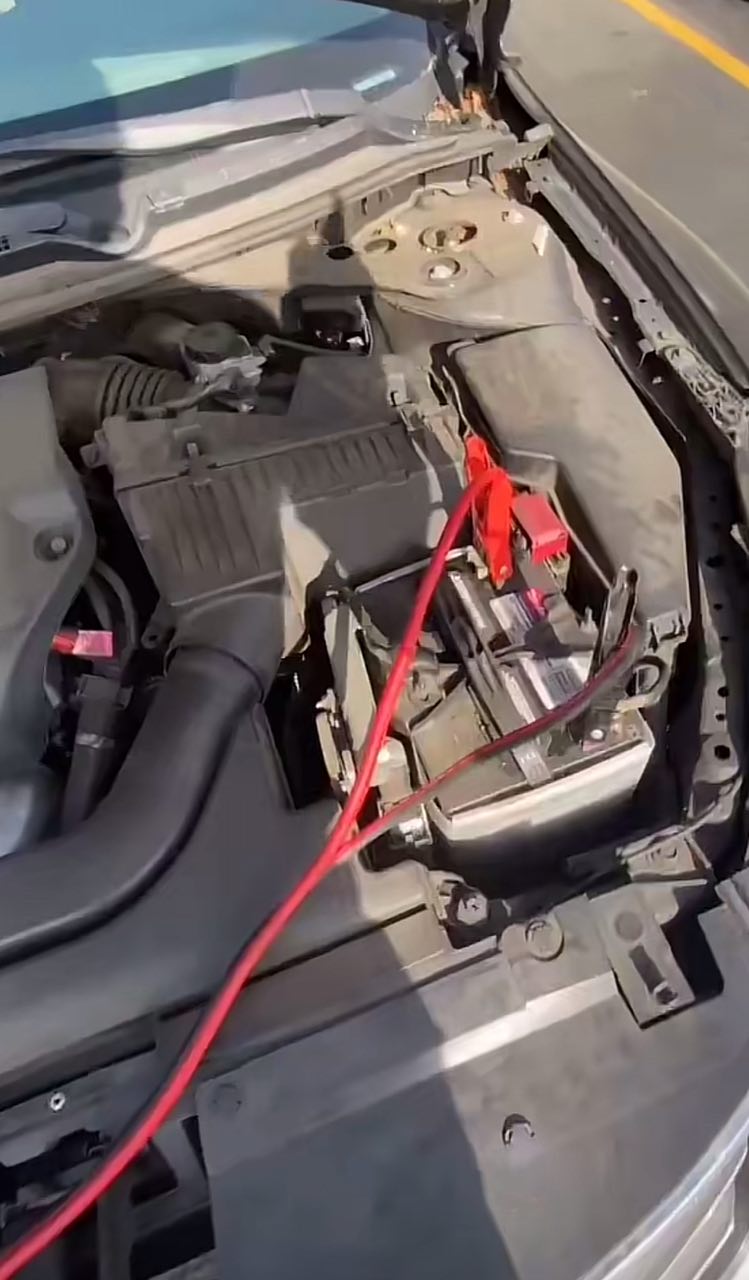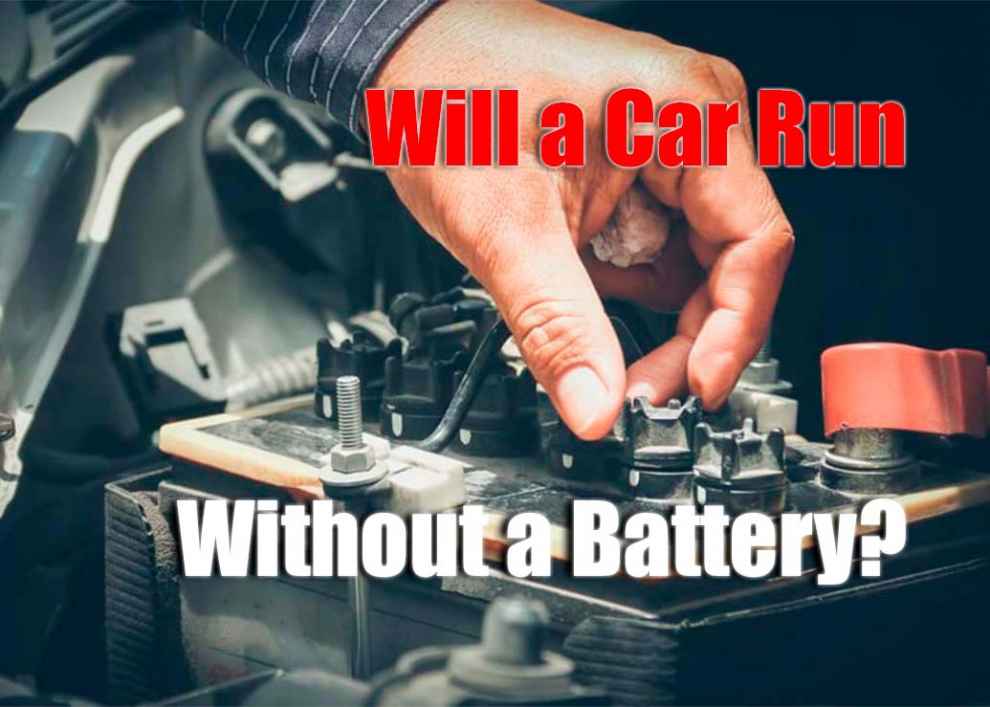Whether a car can run without a battery has been asked for many years. As technology advances, vehicles are becoming increasingly complex machines, and it is no longer easy to answer this age-old query with a simple yes or no. To understand whether a car can run without its battery, it is necessary to look at the different components of the vehicle and how they interact with each other. This article will detail how the various parts work together and discuss what happens when a car’s battery fails. It will also clarify why some alternative solutions might not be as efficient as widely believed. Ultimately, this article aims to shed light on the age-old question of “Will a car run without a battery?”
What Is the Role of the Battery in a Car?
The battery plays an essential role in the operation of a car, as it is responsible for supplying electricity to the starter motor and other electrical components. It is done by providing direct current voltage from its stored chemical energy. Without this power, the starter motor would be unable to turn over and start the engine—thus, no vehicle movement would be possible. The battery provides energy to other electrical components like headlights, wipers, and the radio, even when the engine isn’t operational. A car could not start or operate its various electrical components without a battery. Also read about ‘air conditioner draining car battery‘ to understand how the use of certain car features can impact battery life.
How Does a Car Run without a Battery?

Potential Problems with Running a Car without a Battery
Even if the alternator can start and run the car without a battery, there are still several potential issues that must be taken into consideration. For example, when the alternator is running at higher revs, it will generate much greater amounts of electricity compared to when it is running at idle speed. It could cause various electrical components, such as headlights and interior lights, to suddenly become brighter than usual, which can be dangerous when driving. Additionally, many cars rely on an onboard computer system, which receives power from the battery even when the engine is not running. Without a battery, these systems may not receive sufficient power, malfunction, or shut off unexpectedly.
Conclusion
In conclusion, while it is technically possible for a car to run without its battery, this should only be attempted as a last resort. The alternator alone may not have enough power to start all the necessary systems or restart after an extended period of time – especially on older vehicles with less efficient models of alternators. Additionally, running a car without its battery can lead to unexpected brightening of headlights or other electrical components due to overcharging from an inefficient alternator. It may also result in onboard computer systems malfunctioning or shutting off unexpectedly due to a lack of sufficient power supply from the battery.

Add Comment